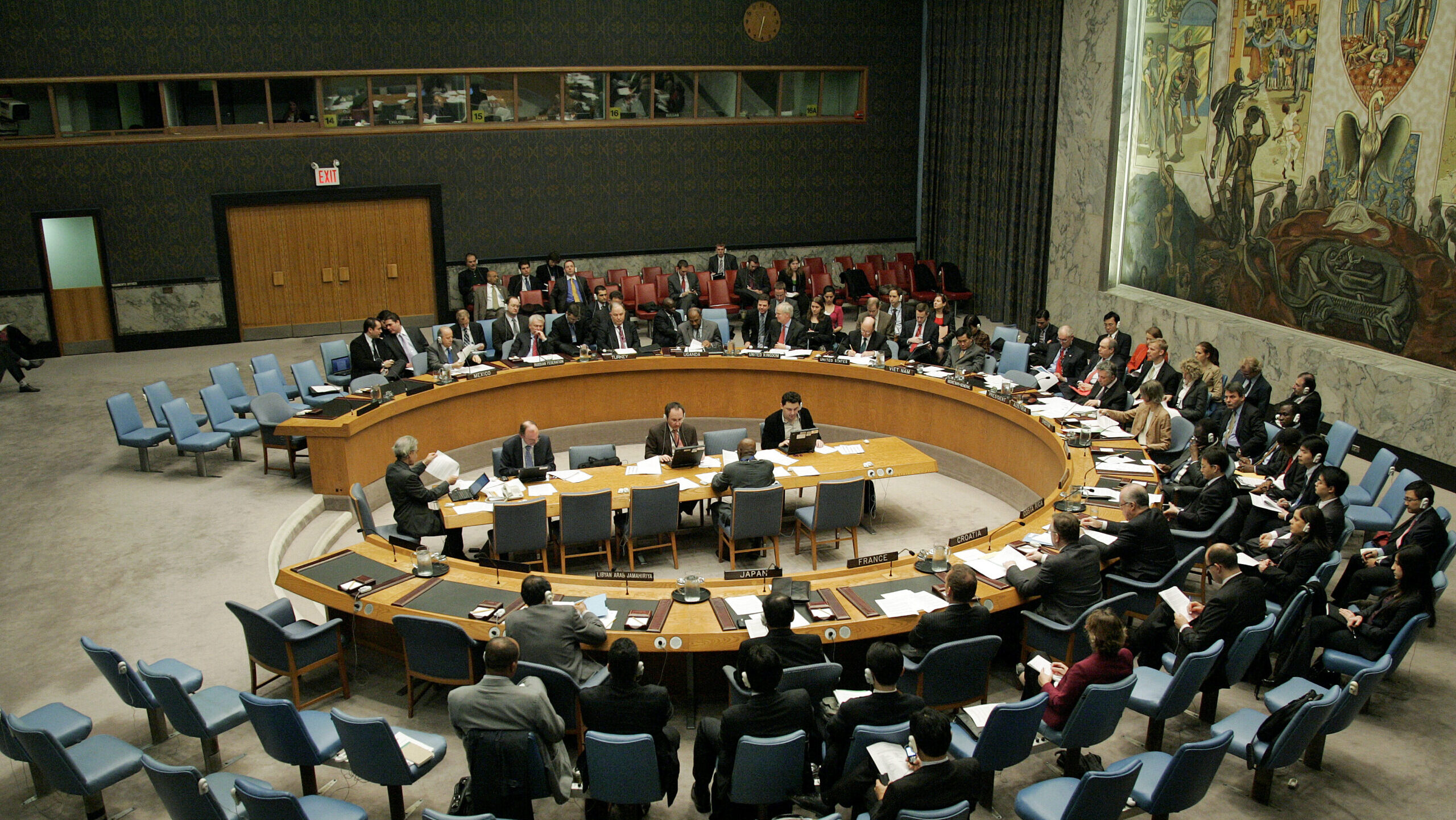UN Security Council Fails To Reach Consensus on Gaza-Israel Conflict
US push for strong condemnation of Hamas falls short in UNSC emergency meeting
The United Nations Security Council (UNSC) convened an emergency session to address the escalating Gaza-Israel conflict but failed to secure the unanimous agreement required for a joint statement. As the violence between Hamas and Israel has claimed over 1,100 lives, the United States is leading efforts to strongly condemn Hamas. The US has encountered resistance among council members.
Background:
The Gaza-Israel conflict has intensified, resulting in a devastating toll on both sides. Hamas, the Palestinian group controlling Gaza, initiated an assault on Israeli towns, prompting Israel to declare a state of war and launch a military campaign in densely populated Gaza.
Key Points:
• UNSC Meeting: The UNSC held a closed-door emergency session in response to the ongoing conflict. However, attempts to craft a joint statement were unsuccessful.
• US Advocacy: The United States called upon the council’s 15 members to strongly condemn Hamas for its attacks. Despite some countries supporting this stance, unanimity was elusive.
• Diplomatic Discussions: Diplomats, led by Russia, sought a broader focus in the council’s statement, emphasizing the need for an immediate ceasefire and meaningful negotiations.
• UAE’s Perspective: The United Arab Emirates, which normalized relations with Israel in 2020, expressed grave concern and anticipated additional UNSC meetings on the crisis. They emphasized a two-state solution as the ultimate resolution to the conflict.
• Absence of Key Parties: Israel and the Palestinian Authority (PA), the political rival of Hamas based in the West Bank, did not attend the meeting due to their current positions on the Security Council.
• Palestinian Ambassador’s Plea: The Palestinian Ambassador urged diplomats to prioritize ending the Israeli occupation and emphasized the need for a peaceful path forward.
• Human Rights Organizations’ Appeal: Palestinian human rights organizations sent an open letter to UNSC members, holding the UN accountable for its inaction and asserting that its members were “complicit” in the ongoing violence. They called on UN member states to address the root causes and protect Palestinian civilians.
• Israel’s Perspective: Israel’s UN Ambassador presented graphic evidence of Israeli civilians being taken captive by Hamas, categorizing these actions as war crimes.
• Gaza’s Status: The Gaza Strip, home to approximately 2 million people and measuring about 365 square kilometers (141 square miles), has been under Hamas rule since 2007, following a brief war with forces loyal to the PA.
• Regional Implications: The Gaza conflict occurs in the context of US-backed efforts to encourage Saudi Arabia to normalize ties with Israel, potentially linked to a defense deal between the US and Riyadh.
In summary, the UNSC’s inability to issue a joint statement reflects the complexity of the Gaza-Israel conflict. While calls for condemnation persist, achieving consensus on the path forward remains challenging.


